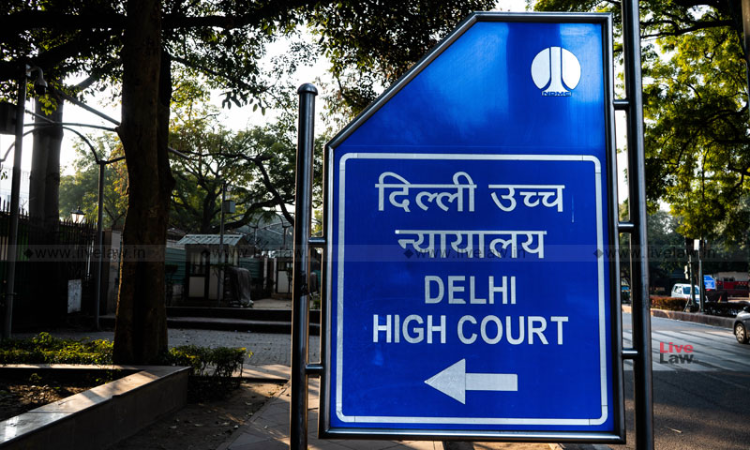Public Institutions Should Make Their Orders Available Online As Part Of Good Governance: Delhi High Court
LIVELAW NEWS NETWORK
16 Dec 2020 3:12 PM IST

"Availability of orders online would obviate the need for litigants to file petitions wherein the only prayer is for making orders available"
Next Story


